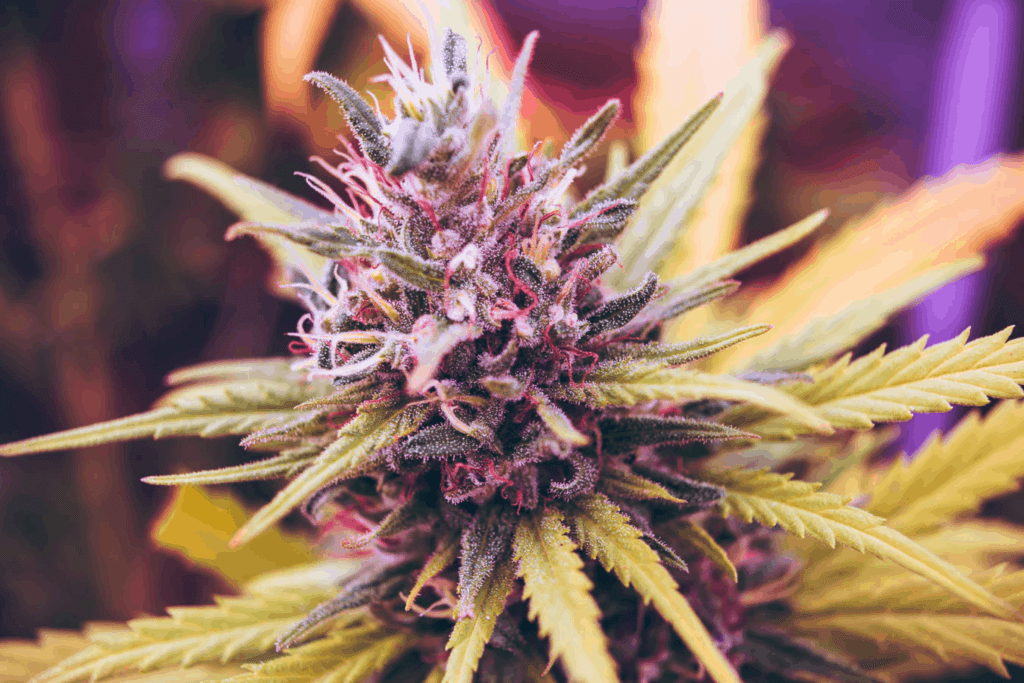A recent study published in ACS Agricultural Science & Technology found that outdoor marijuana cultivation has a significantly lower environmental impact compared to indoor cultivation.

“Environmental impacts of cannabis production are of increasing concern because it is a newly legal and growing industry”, states the study’s abstract. “Although a handful of studies have quantified the impacts of indoor production, very little is known about the impact of outdoor cannabis agriculture.”
Researchers from the University of Michigan and McGill University (Canada) note that “Outdoor production typically uses little direct energy but can require significant fertilizer and other inputs due to dissipative losses via runoff and mineralization. Conversely, fertilizer high in nitrogen can be counterproductive, as it produces flowers with decreased cannabinoid content.”
With that in mind, the study had two aims:
(1) To identify reduced-fertilizer regimes that provide optimal cannabis flower yields with reduced inputs and;
(2) to quantify how this shifts greenhouse gas emissions, resource depletion (fossil and metal), terrestrial acidification, and the eutrophication potential of outdoor cannabis production.
“Results show that outdoor cannabis agriculture can be 50 times less carbon-emitting than indoor production”, states researchers. “Dissemination of this knowledge is of utmost importance for producers, consumers, and government officials in nations that have either legalized or will legalize cannabis production.”
More information on this study can be found by clicking here.






